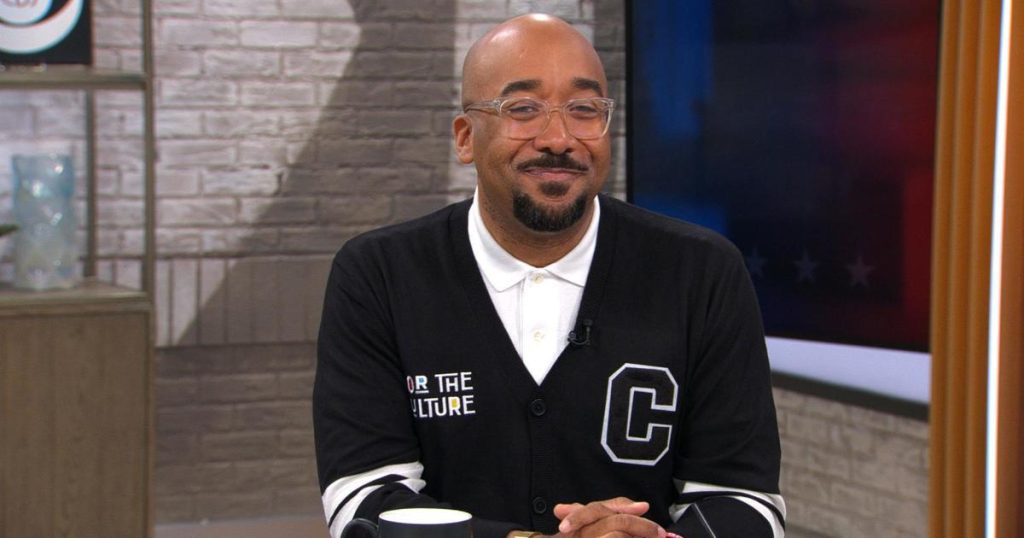Dr. Marcus Collins, author of “For the Culture,” discusses the influence of social media on voter decision-making in the 2024 presidential race. As the race enters its final days, a CBS News poll shows that over 20% of voters frequently use social media platforms to stay informed. This highlights the significant role that social media now plays in shaping public opinion and potential outcomes of elections. Social media platforms have become important tools for candidates to connect with voters, share their messages, and influence perceptions.
Social media has become a powerful force in shaping the 2024 presidential race by allowing candidates to reach large audiences and engage directly with voters. Platforms like Facebook, Twitter, and Instagram provide a platform for candidates to share their policies, rally support, and engage in debates with opponents. The ability to connect with voters in real-time and on a personal level has revolutionized the way candidates campaign and communicate with the public. This has allowed for more direct engagement between candidates and voters, bypassing traditional media channels.
The influence of social media on the 2024 presidential race extends beyond just candidate messaging. Social media also plays a crucial role in shaping public opinion, driving conversations, and mobilizing voters. The viral nature of social media allows for information to spread quickly and reach a wide audience, influencing the public’s perception of candidates, issues, and events. Social media has also made it easier for voters to engage with political content, participate in discussions, and share their opinions with others, shaping the overall political discourse in the country.
One of the key factors in how culture and social media are shaping the 2024 presidential race is the way in which they are influencing voter decision-making. Social media provides voters with access to a wide range of information, opinions, and perspectives, allowing them to make more informed decisions when it comes to choosing a candidate. The ability to research candidates, their policies, and their positions on various issues has become easier than ever, thanks to the abundance of information available on social media platforms. This has empowered voters to be more discerning in their choices and has made it easier for them to hold candidates accountable.
Another important aspect of how culture and social media are shaping the 2024 presidential race is the way in which they are influencing voter engagement and turnout. Social media has made it easier for candidates to reach voters who may not have been traditionally engaged in the political process, such as young people and minority groups. By using targeted advertising, engaging content, and interactive tools, candidates can mobilize these groups to participate in the political process and have their voices heard. This has the potential to increase voter turnout and create a more inclusive and representative democracy.
Overall, the influence of culture and social media on the 2024 presidential race is undeniable. These forces have revolutionized the way candidates campaign, communicate with voters, shape public opinion, and engage with the electorate. As social media continues to play a significant role in politics, it is important for voters to be vigilant and discerning when consuming political content online. By staying informed, fact-checking information, and engaging critically with political content, voters can make more informed decisions and hold candidates accountable for their actions and policies.


